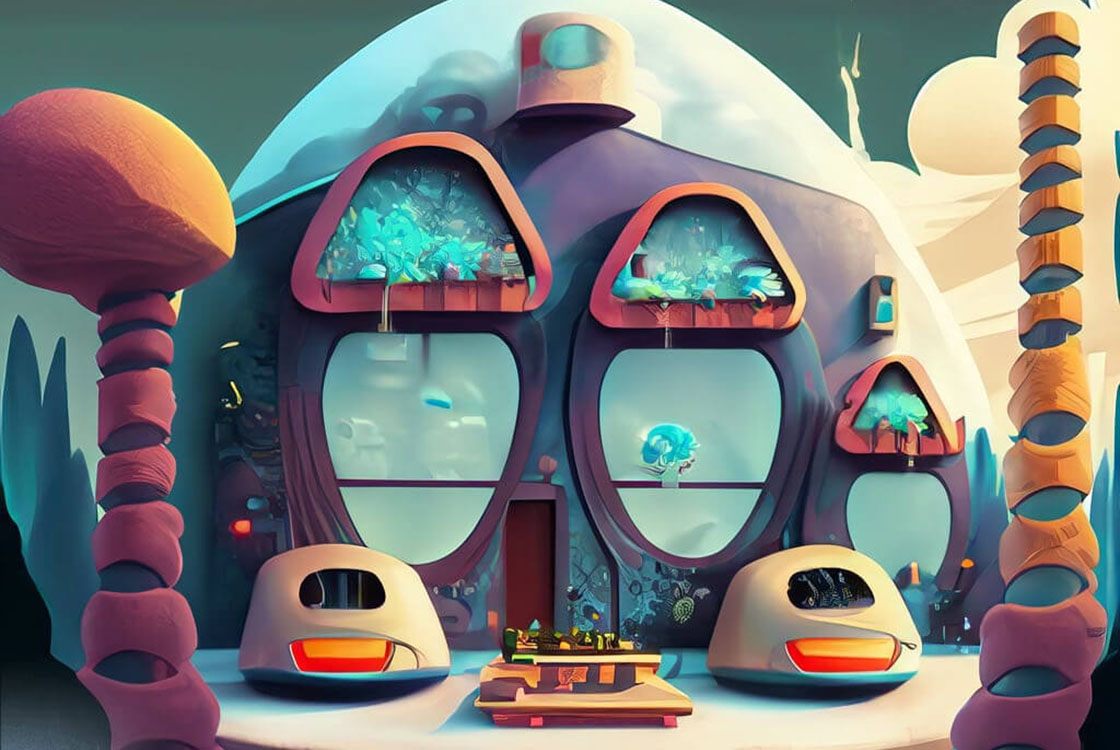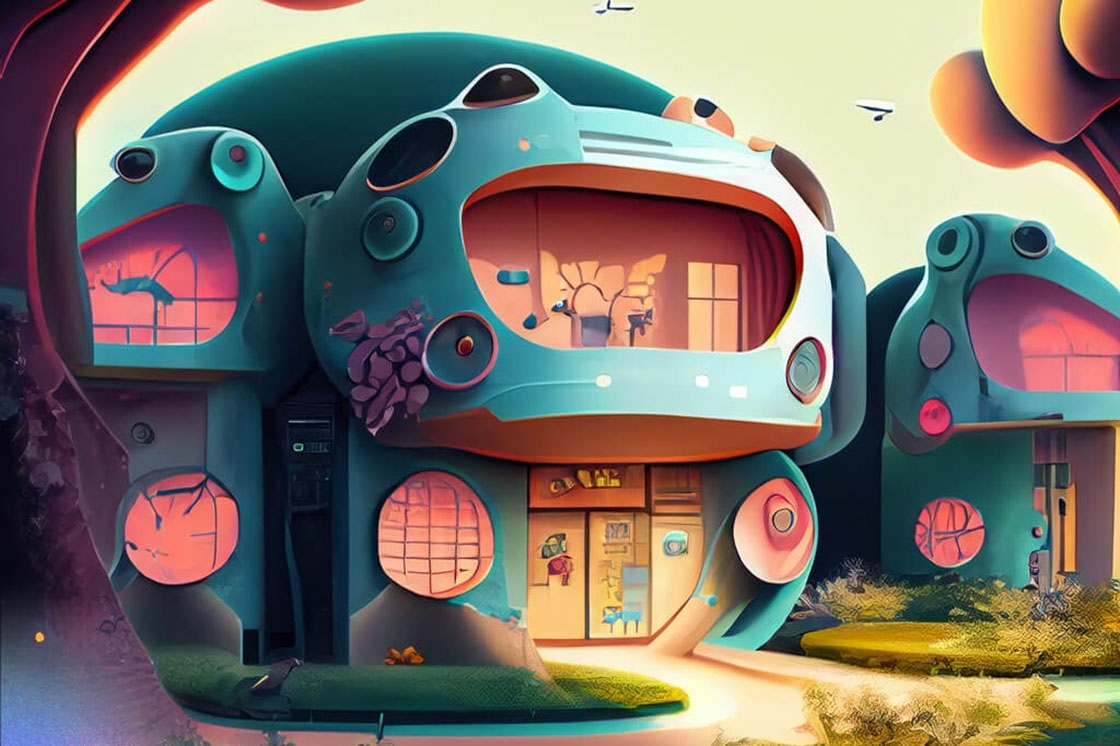Zero-energy homes represent a paradigm shift in residential construction, offering a glimpse into a sustainable and environmentally conscious future. These homes are designed and built to produce as much energy as they consume, effectively eliminating the need for traditional utility power.
At the core of zero-energy homes is a combination of advanced technologies and energy-efficient design principles. Solar panels are a hallmark feature, covering rooftops or integrated into building materials to capture solar energy. These photovoltaic systems generate electricity, which can be used to power the home, charge electric vehicles, and even sell excess energy back to the grid.
Is Zero energy really possible?
High levels of insulation, energy-efficient windows, and strategic orientation are key components of the design. These features minimize heat loss in the winter and reduce heat gain in the summer, optimizing the home’s overall energy performance.
Additionally, zero-energy homes often incorporate energy-efficient appliances, smart home technology, and advanced heating, ventilation, and air conditioning (HVAC) systems. These elements work together to reduce energy consumption while maintaining a comfortable living environment.
For heating and cooling, some zero-energy homes utilize geothermal systems that tap into the Earth’s stable temperatures, providing efficient temperature control year-round. Energy recovery ventilation (ERV) systems ensure that indoor air quality remains high while minimizing energy loss.
Water conservation is another integral aspect of zero-energy homes. Low-flow fixtures, rainwater harvesting systems, and efficient irrigation practices reduce water consumption, contributing to overall sustainability.
The benefits of zero-energy homes extend beyond reduced utility bills. They help combat climate change by reducing greenhouse gas emissions, enhance energy security, and promote self-sufficiency. Moreover, zero-energy homes often appreciate in value and offer a higher quality of life for occupants, with improved indoor air quality and comfort.

While the initial cost of constructing a zero-energy home may be higher than that of a conventional home, long-term savings and the positive environmental impact make them a compelling choice for those looking to embrace sustainable living. As technology continues to advance and economies of scale drive down costs, zero-energy homes are poised to become the standard for future housing, ushering in an era of energy-efficient and eco-friendly living.

